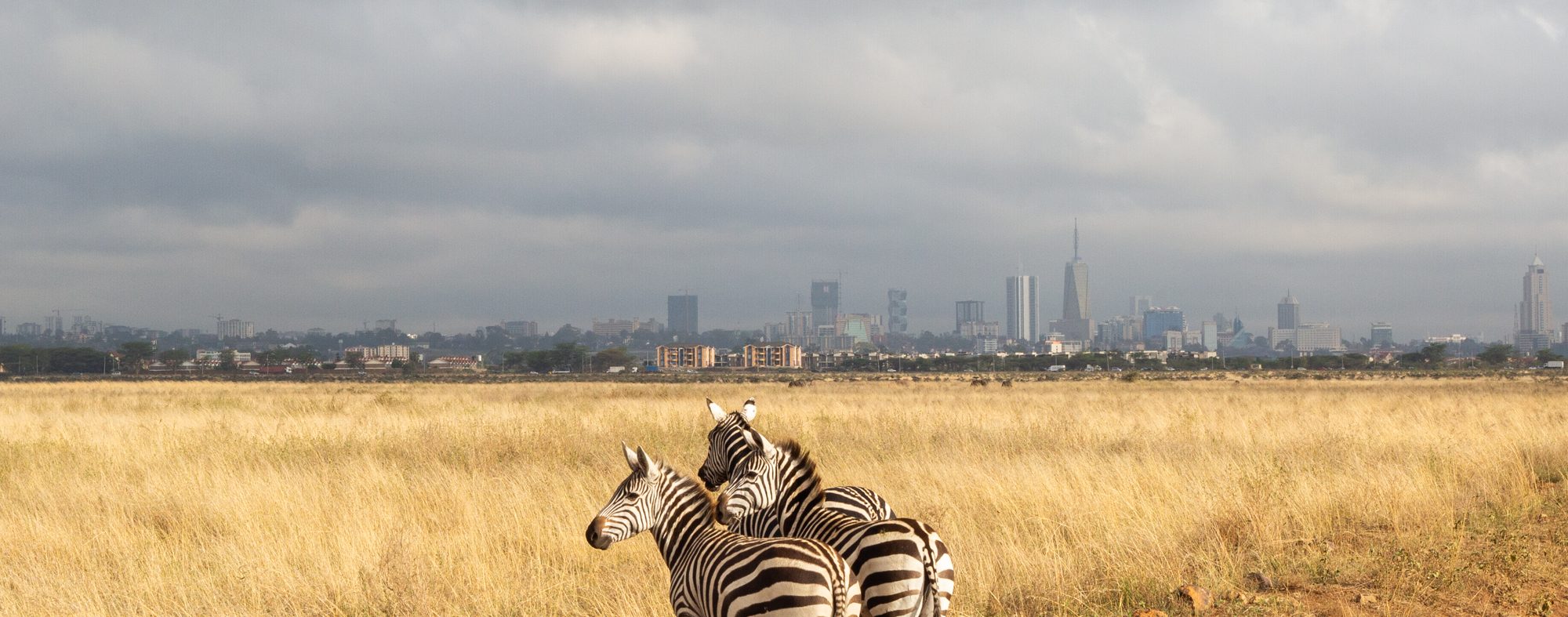La Repubblica del Kenya continua a essere una delle economie più dinamiche del continente africano.
In un contesto caratterizzato da pressioni macroeconomiche crescenti, da bilanci pubblici in tensione e da una riduzione dell’Aiuto Pubblico allo Sviluppo (APS), che hanno provocato tensioni sociali significative, il Paese continua a confrontarsi con sfide strutturali come la povertà, le disuguaglianze nella distribuzione della ricchezza, la disoccupazione e l’accesso limitato ai servizi essenziali. Queste problematiche sono ulteriormente aggravate dagli effetti del cambiamento climatico, come siccità e inondazioni, che hanno un impatto significativo sull’economia del Paese.
Le relazioni di amicizia e cooperazione tra Italia e Kenya sono state formalizzate attraverso la firma di un Accordo di Cooperazione economica, tecnica e di sviluppo nel 1985. Da allora, il Kenya è un paese prioritario per la cooperazione italiana.
La strategia di intervento della Cooperazione Italiana nel Paese è delineata nel ‘Kenya-Italy Sustainable Development Partnership’ (2023 – 2027), documento programmatico lanciato nel 2023 in occasione della visita del Presidente Mattarella in Kenya. Il piano prevede un budget indicativo di 100 milioni di euro per i primi 3 anni, con iniziative che si articolano attorno ai pilastri Pianeta, Prosperità, e Persone dell’Agenda 2030.
Nell’ambito del Pilastro Pianeta, AICS attualmente supporta il Kenya negli sforzi volti al contrasto e alla mitigazione degli effetti dei cambiamenti climatici attraverso iniziative mirate alla protezione, al risanamento e alla resilienza degli ecosistemi forestali e agro-forestali, promuovendo il ripristino degli ecosistemi e la gestione sostenibile delle risorse naturali. Proseguono diverse iniziative di sviluppo agricolo volte ad aumentare la resilienza delle comunita’ vulnerabili nelle Aree Aride e Semi Aride (ASAL). Nell’ambito dello stesso pilastro, AICS Nairobi promuove lo sviluppo urbano sostenibile attraverso strategie che integrano la sostenibilità ambientale, la gestione del rischio climatico e la protezione degli ecosistemi urbani. Al tempo stesso, il decentramento amministrativo ha trasferito molte competenze ai governi locali, che necessitano di supporto tecnico e finanziario. Un’attenzione particolare è rivolta alle città secondarie, che svolgono un ruolo cruciale nell’equilibrio territoriale della regione.
Sul Pilastro Persone, un rilievo specifico viene dato alla prevenzione e risposta alla violenza di genere (GBV) e all’empowerment femminile. AICS interviene a sostegno di iniziative volte al contrasto delle pratiche dannose (mutilazioni genitali femminili e matrimoni precoci), al miglioramento dell’accesso alla giustizia per le sopravvissute alla GBV e a favore dell’inclusione economica delle donne. Da giugno 2025, la Sede AICS di Nairobi ha assunto il ruolo di Chair del Development Partners’ Gender Group (DPGG), un forum per il dialogo strategico che coinvolge donatori, agenzie internazionali, autorità governative e società civile. Nell’ambito dello stesso Pilastro, l’Italia promuove l’accesso ai servizi sanitari di qualita’ nell’ottica di non lasciare nessuno indietro, con attenzione al miglioramento nell’accesso ai servizi sanitari essenziali e ai servizi di salute materno e infantile.
Il portfolio della Sede di Nairobi, comprende inoltre un programma di emergenza che risponde ai bisogni umanitari delle comunità nelle aree ASAL del nord del Paese, attraverso interventi salvavita e azioni di rafforzamento della resilienza agli shock climatici. Una particolare attenzione è rivolta alla riduzione del rischio di catastrofi, elemento centrale dell’impegno della Cooperazione Italiana in Kenya, portato avanti in collaborazione con l’UNDRR per il potenziamento dei sistemi istituzionali di allerta precoce.
Nel Pilastro Prosperità, la Cooperazione Italiana sostiene l’ecosistema imprenditoriale del Kenya, come piccole e medie imprese e cooperative di artigiani. Nel 2024, in collaborazione con l’Agenzia Onusiana International Trade Centre, è stata avviata un’iniziativa dedicata alla moda sostenibile, finalizzata alla creazione di una filiera produttiva capace di inserirsi nei mercati della moda sia a livello nazionale che internazionale.
